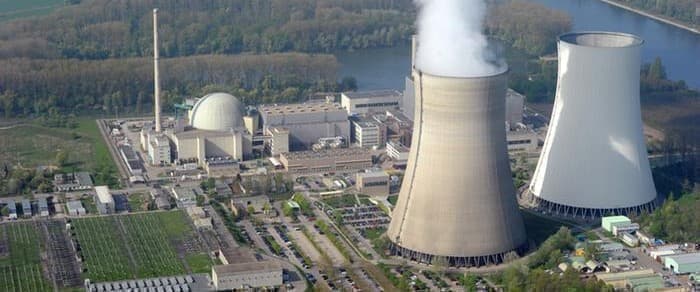The European and Asian energy crunch is uncovering some inconvenient truths about the status and vulnerabilities of global energy systems as the world strives to begin the long journey toward decarbonization. The current energy deficit has thrown into stark relief the fact that fossil fuels, including coal, are still the fallback plan whenever pressure is applied to energy security.
Around the world, countries are burning more coal than ever, even as they ramp up their promises to curb emissions and draft ever more ambitious climate change mitigation strategies in preparation for this month’s COP26, the 26th annual United Nations Framework Convention on Climate Change (UNFCCC), to be held in Glasgow, Scotland. China, which has pledged to reach carbon neutrality by 2060 and has recently promised to stop funding overseas coal projects, has now loosened limits on domestic coal production, increased coal imports, and even turned to stranded Australian coal assets that it had been unofficially embargoing for nearly a year. India is in danger of running out of coal entirely. And Europe has returned to coal as well as energy prices surge and geopolitical tensions ramp up between the EU and the Kremlin over natural gas imports.
For all of the investment that China and the European Union have put into renewable energy alternatives, it clearly hasn’t been enough. Renewables still account for a problematically small portion of the energy mix and are far from achieving the kind of production capacity to allow the world to move away from fossil fuels, as the current energy crunch has so starkly highlighted. Indeed, the road to decarbonization will probably be marked by many more energy crunches as the world tries to walk a tightrope between phasing out fossil fuels and maintaining energy security and independence.
Against this backdrop, a group of ten European Union countries, led by France, are making a plea to include nuclear power as a major part of the EU’s decarbonization roadmap. Nuclear power is one of the more powerful, efficient, and proven forms of carbon-free energy productions, and its advocates argue that phasing out fossil fuels in time to meet the emissions targets set by the Paris climate accord will be all but impossible without embracing and scaling up nuclear energy.
France sent a letter to the European Commission positing nuclear as a "key affordable, stable and independent energy source" that could protect consumers in the European Union who are currently being battered by skyrocketing energy costs from being further "exposed to the volatility of prices." The letter was co-signed by Bulgaria, Croatia, Czech Republic, Finland, Hungary, Poland, Slovakia, Slovenia and Romania. Most of these nine signatories already rely on nuclear for a large portion of their domestic energy mix. Indeed, 26% of electricity produced within the EU comes from nuclear plants.
Despite the fact that nuclear already plays a key role in the global energy industry and has already offset huge amounts of emissions that would have otherwise been produced by burning fossil fuels, nuclear is still a hard sell for many politicians and bodies drafting climate change strategies. While nuclear does not emit greenhouse gases, the issue of nuclear waste weighs heavily on politicians who are being urged to include nuclear in the EU’s “green taxonomy.” Radioactive nuclear waste stays hazardous to humans and many other forms of wildlife for thousands of years.
Of course, this threat -- while very real -- pales in comparison to the more urgent hyper-threat of catastrophic climate change. In August the United Nations sounded a “code red for humanity” when the Intergovernmental Panel on Climate Change (IPCC) released its landmark 6th Assessment Report on the global status of climate change. The report said, in no uncertain terms, that humans have already irreversibly altered the climate and the window of opportunity to mitigate further damage is rapidly closing.
Despite this urgent imperative, the EU remains staunchly divided, with France leading a pro-nuclear movement while Germany just as vehemently argues against nuclear expansion. And, unfortunately, it doesn’t look like they will reach a consensus in the immediate future, even within an energy crisis and earnest appeals to the European Commission.
By Haley Zaremba for Oilprice.com
More Top Reads from Oilprice.com:
- A Very Predictable Global Energy Crisis
- The Real Reason OPEC+ Refused To Boost Production Further
- WTI Oil Price Breaks $80 For The First Time Since 2014



















And that's not even considering the possibility of terrorist action. Shutting down a gas pipeline, not a big deal. Shutting down the safeguards on a nuclear plant, a bit more significant. Anything can be hacked!
No thanks. I'm much more comfortable with the risks of climate change than I am with nuclear power (at least in its current form).